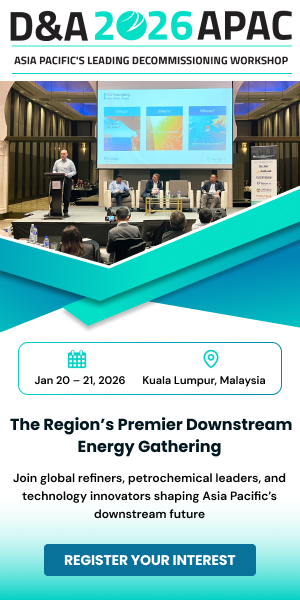Iraq’s upstream development is set to become more expensive as production moves away from the easiest and largest fields, according to Ian Thom, director of Middle East Upstream at Wood Mackenzie
He said Iraq’s energy investment needs are growing in both cost and complexity, reflecting both the underlying resources of the country and the market needs of a growing population.
“The story is the same across refining and petrochemicals, gas processing, power generation and electricity transmission,” he added.
The most successful energy financing source for Iraq over the past decade has been foreign direct investment by oil and gas companies. In the past 10 years, the country has seen more than US$70bn of investment, which spurred Iraq’s tremendous oil production growth, he noted.
He revealed that more fields are moving into secondary recovery with integrated power and infrastructure, and secondary reservoirs and smaller fields are being developed, proving to be more expensive.
“As cost and complexity grow, the need for capable and experienced operators is clear,” he remarked.
The current investment trend is unlikely to change, according to the research. Another source of financing is budget revenue, which presents competition as the government needs to prioritise domestic social spending over big business ventures. Therefore, the main source is likely to remain direct investment by oil and gas companies.
The oil majors have shifted their strategy in the past five years, focusing mostly on US plays, where they have US$250bn of upstream value – while Iraq accounts for only 0.5 per cent of their upstream value.
While companies will continue to invest in the country, there may be more interest from Asian national oil companies (Nocs), as oil majors focus elsewhere
“Despite the size of their operating assets, Iraq is clearly non-core,” he continued. “At the other end of the spectrum, the NOC peer group has fewer high-return opportunities, and for the Asian NOCs in particular, oil import needs and lower investment hurdle rates mean Iraq is comparatively more attractive,” he concluded.




